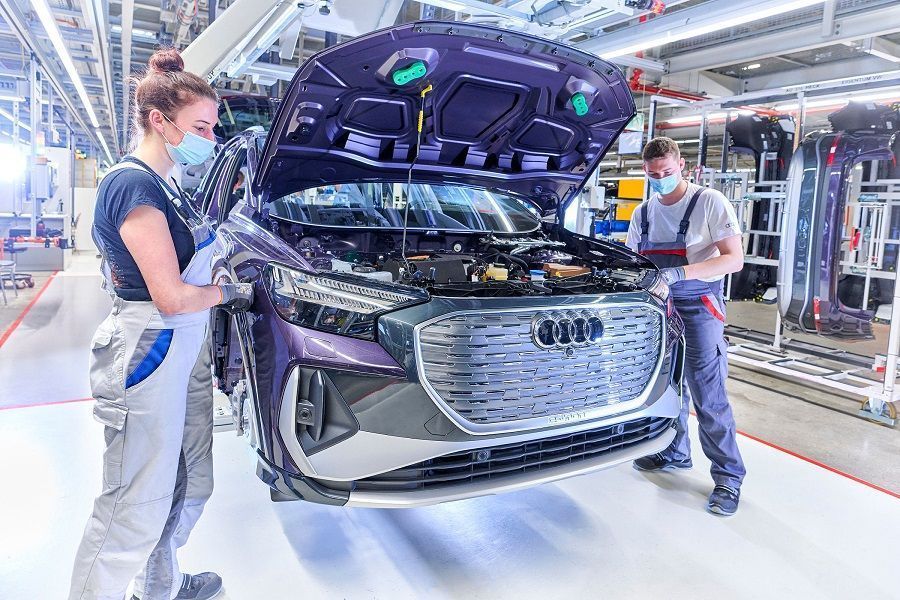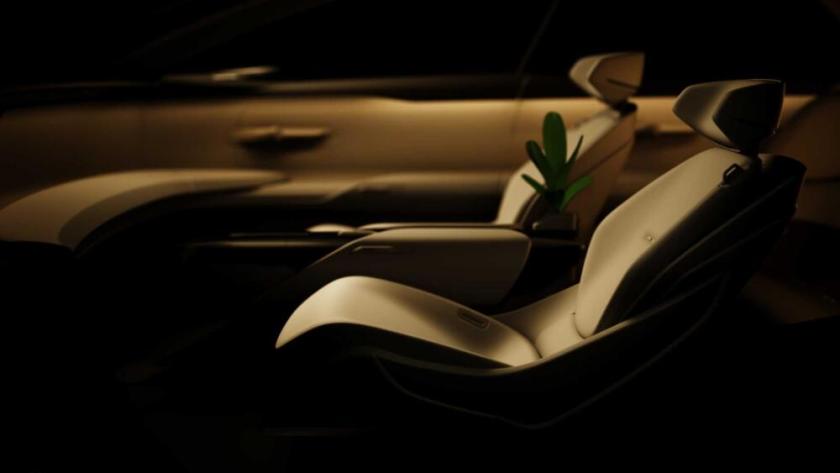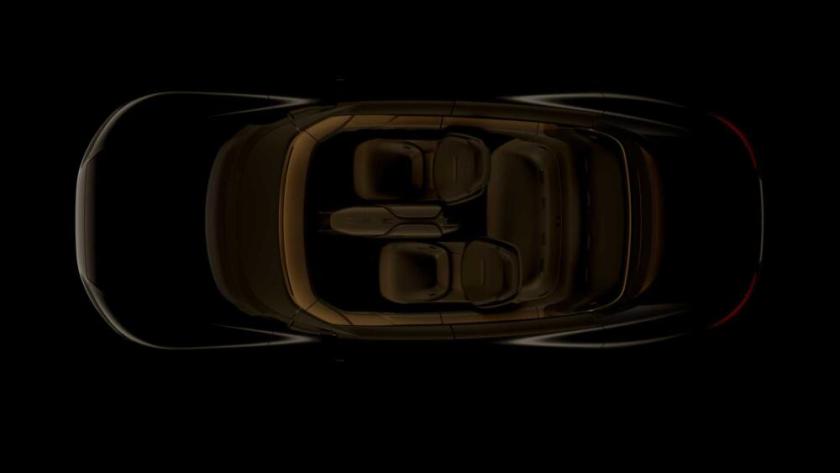In Germany electric cars will be as profitable as or more than thermal vehicles
In Germany, the former home of iron, plans say that in a few years electric cars will be as profitable as or more than thermal vehicles. Especially when second-generation BEVs are sold for extra-urban use.

The question often arises as to whether what happens in the world of big business only happens with certain returns, even when the declared objective is the good of the environment or workers. Certainly, the still very gradual and slow transition to EVs has had and continues to have costs that are not offset by sales, reflected in part in list prices, which are not exactly popular. It is therefore clear that major innovation studies and application works (for batteries and electric motors instead of what is in classic use) have been financed to no end for years without a positive return, at least in the short term. This has meant that products have already become up to scratch, but with volumes still low enough to give the industry a worthy financial return.
But now that there is talk of the second generation of native electric cars on the way, ones that “are another world away” in the cockpit as shown by the Audi Grandsphere concept, it is fair to believe that the groups are not putting money into the second round of BEVs in any sauce that is not known to yield financial returns. The die is not the only cast – seeing the long-term plans made up of electric cars only and the announcements of diesel cessation – but it is also preparing to generate with its numbers a financial return that is worthy, welcome and also due to the investors to whom the CEOs are accountable.
Audi’s CEO Duesmann says electric cars will be as profitable as combustion cars
Audi’s CEO, Duesmann, recently told the media that electric cars will be as profitable as combustion cars (petrol or diesel) very quickly: perhaps three years, not more. This prediction is not valid for everyone, however: for the many who will have to convert without the Volkswagen revolution behind them, it will be more complex. There is, however, a way out, by exploiting platforms that are already mature and coherent in use, very simple with those two axles that integrate almost everything, instead of what was previously far more complex and extensive. The so-called new platforms, of the VW group as well as others, are ready to become any car you could wish for in the various well-known brands, from Skoda to Porsche in the German case.

Manufacturers are certainly facing heavy investments as they evolve these increasingly digital and software-driven cars, without knowing exactly how much they will sell, however, now it is just a matter of incremental performance, for batteries and management-recharging systems. “More” is done as a basis and the main dedication of resources will return to design and content. Elements, these, that are entirely comparable to what would have been used for thermals, except that there is much more freedom of action in the new electric natives. They are also very digital in their power supply and spacious with the same external volume.
The return on sales is set to double by 2025 compared with today: 11%
Let’s see, one of these numbers that is a bit economistic but understandable, even for small investors who want to bet not always and only on Elon Musk. Audi would have no small profitability targets, counting the pandemic and what is happening to the mobility of many Europeans. The return on sales is set to double by 2025 compared with today: 11%. By that time, the range will see more and more native plug-in models and a few that keep alive small evolutions of dated thermal engines. Audi itself has denied any absolute novelty with cylinders (e.g. new thermal engines) for the future.

If this is coming from a CEO who has planned his costs well beyond the three years mentioned above and who until yesterday was selling his internal combustion engines to other major manufacturers, then there are two cases in point: the economies of production of electric cars, which are due to arrive in the next few years, will continue to increase, and simultaneously a premium price will be triggered for certain brands as a result of growing interest in native BEVs, which will outclass thermal engines in many unprecedented respects.
It’s not the golden goose, of course, to go up to five percentage points in three years, but the new battery-electric cars will be increasingly profitable. That’s no small thing, supporting their planned spread even if, for obvious short-term interests, emotional and historical values, the cylinders will still be turning. Especially in certain markets where there is no public charging network. We don’t know how long, but in Audi, which is a reference point, it seems that in the second half of the twenties the switch will be made to bring out new models with plugs only and gradually retire the last ones with cylinders.
In collaboration with:









